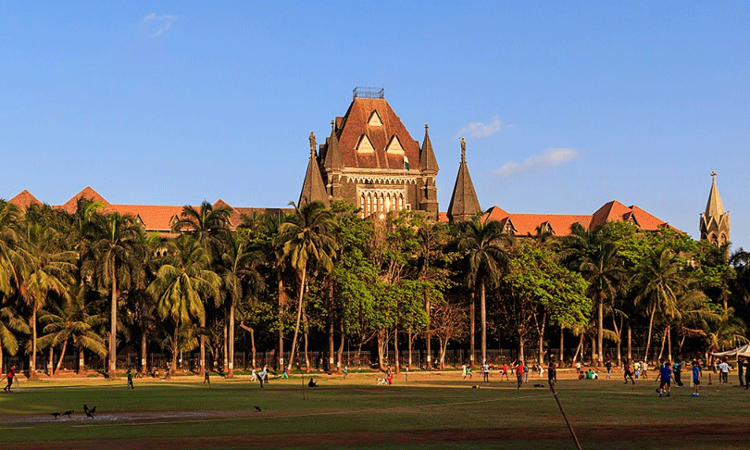Motor Accident Compensation: Claimant Entitled To Future Loss Of Income Proportionate To Extent Of Disability Though There Is No Total Loss Of Income - Bombay High Court
Sneha Rao
27 Jan 2022 9:01 AM IST

Claimant Is Entitled To Claim Compensation For Loss of Income Even If There Was No Total Loss of Income: Bombay High Court
Next Story


